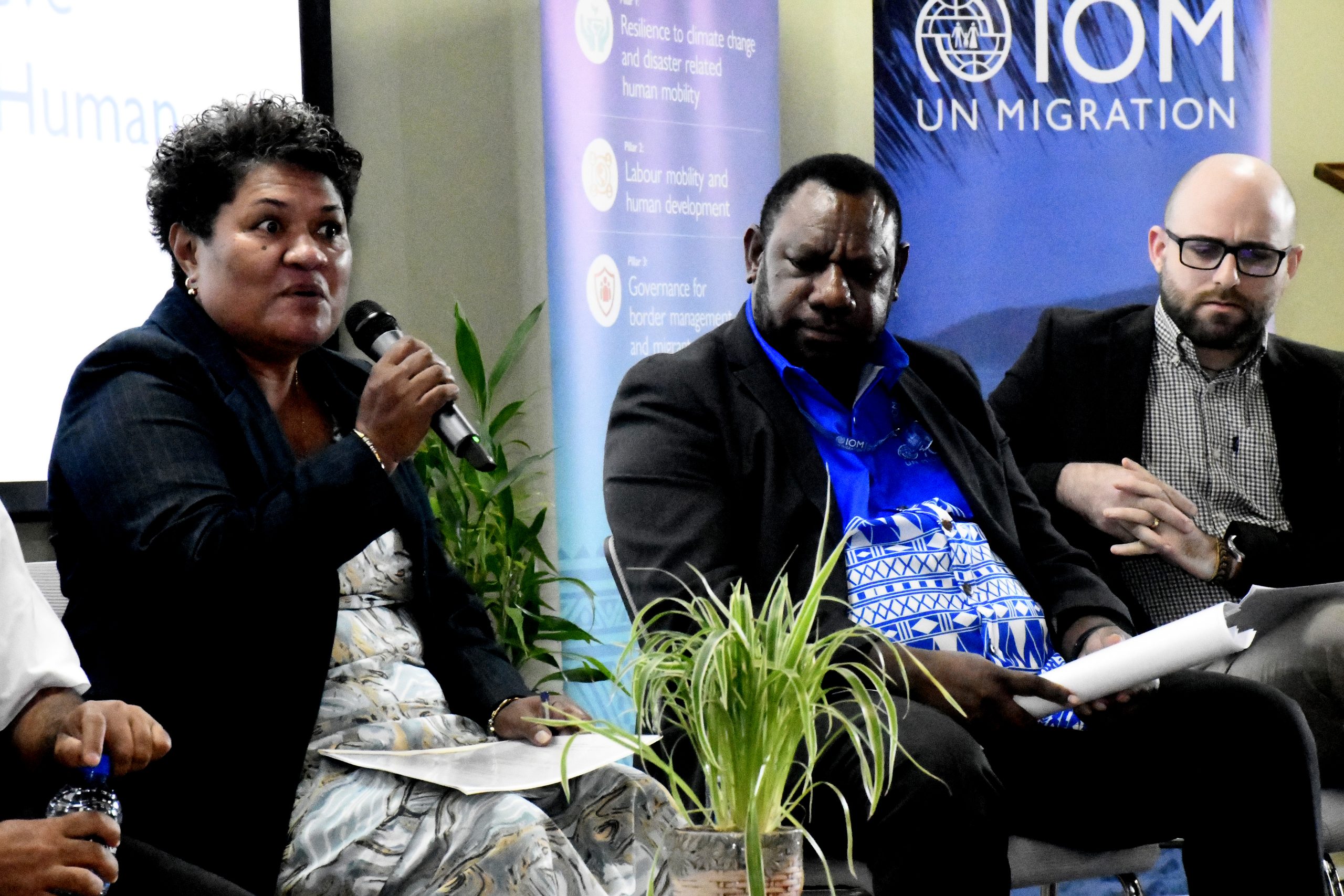SOME human trafficking cases in Fiji are being wrongly treated as minor labour violations, allowing traffickers to avoid serious legal consequences.
This was revealed by Daniel Tagivakatini, the Employment Ministry’s Director of Labour Standards.
He was responding during a panel discussion on human trafficking to calls from former military officer and International Olympic Committee (IOC) representative Samuela Tupou for harsher penalties and faster prosecution of trafficking cases.
Mr Tagivakatini acknowledged that the misclassification of cases was a serious barrier to justice.
“For example, in the Ministry of Employment, sometimes the cases are downgraded to just a simple employment exploitation issue,” Mr Tagivakatini said.
“That doesn’t mean the act, the means (of trafficking) aren’t there.”
He said the failure to correctly identify and classify human trafficking obstructs the legal process and makes it harder to prosecute perpetrators under the appropriate laws.
Mr Tagivakatini said while there were clear procedures for case handling, including referral to the Director of Public Prosecutions (DPP), some cases remained pending due to the difficulty of proving all legal elements of trafficking.
“If you look at the Palermo Protocol, the four pillars, one of the areas that is challenged is to connect the act, the means, and the procedure.
“Even for an individual, you will have to know these three areas.”
He noted that the volume of cases does not reflect the full picture, as data is scattered and not always centralised within government systems.
However, he maintained that the ministry follows due process in every case it handles.



